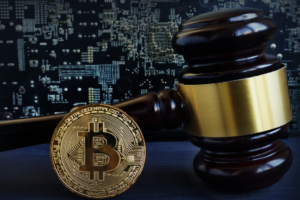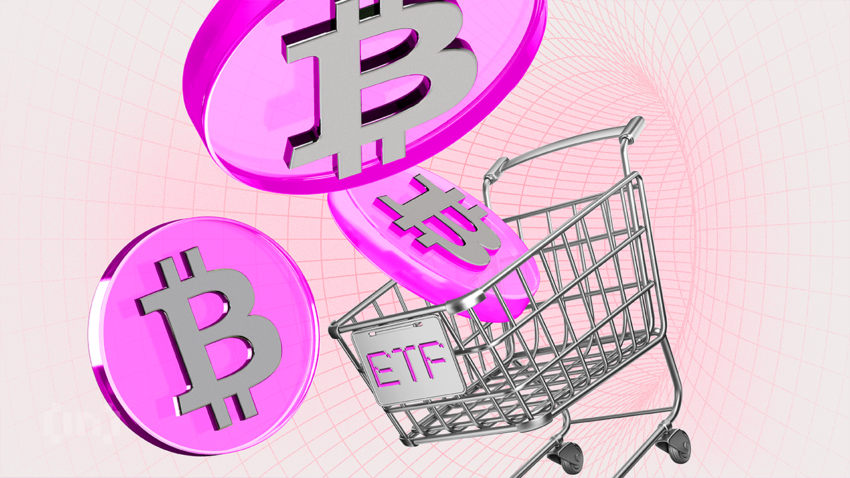Before Bitcoin, every currency was created and controlled by a central entity, in most cases, a bank. In the traditional fiat system, if you created your own money, it would be completely illegal. Bitcoin emerged in 2009 as the world’s first borderless, decentralized currency. No one controls it, and people have the freedom use and send money wherever they want. Absolutely anyone with internet access and electricity can use Bitcoin.
Still to this day, this concept presents many issues for tax authorities and law enforcement agencies as applying any framework to try and regulate the use of cryptocurrency seems to be extremely hard. Never the less, this hasn’t prevented some countries from trying to restrict it.

Is Bitcoin Legal Tender?
We define legal tender as money that must be accepted if presented in debt repayment. Although Bitcoin is not designated as legal tender in most countries, this doesn’t mean that it can’t be used for payment. It just means that both parties must agree to use it as a form of payment. Just like Scottish banknotes are a legal currency approved by the UK government, but they are not legal tender. It’s a matter of agreement by both parties for the notes to be used as payment.
Currently, Japan is the only country to have declared Bitcoin legal tender. However, it’s important to note that just because Bitcoin may not be “legal tender” it doesn’t make it illegal.

What are the Concerns about Bitcoin?
- As Bitcoin is both digital and decentralized, a lack of enforceable regulations means that instances of exchanges unexpectedly closing down and people losing their money aren’t uncommon. For example, the infamous closure of Mt.Gox. In 2014 with the apparent loss of 744,000 of users Bitcoins.
- Bitcoin is also a tool for anonymous cross-border transactions, which makes it very attractive for those conducting criminal activities. This was made apparent after the exposure of the online black market known as the Silk Road. The FBI shut down the site in 2013. Still, the exposure raised concerns about the potential for tax evasion and money laundering schemes.
- In its early days, Bitcoin was primarily used by people who wholeheartedly believed in the technology (which at the time was very few) or by criminals for questionable transactions. A reputation that has been hard to shake.

Regulating Bitcoin
Worldwide, enforcement agencies and tax authorities are still debating the best way to regulate Bitcoin. Whether Bitcoin is legal or not depends on where you are what you use it for:
EU – No specific legislation has been passed although taxes do apply to any transactions made using Bitcoin.
China – They have constantly moved positions on the legality of Bitcoin. Even though Bitcoin is not strictly labelled as illegal, the Central Bank and other authorities make it almost impossible to use it as a means of payment in the mainstream market. Recently, China has moved towards full embracement of the concept as the central bank look into the possibility of creating their own cryptocurrency.
US – Generally have a positive approach towards Bitcoin. However, government agencies are working to prevent the use of Bitcoin for illegal transactions. The treasury has labelled Bitcoin as a ‘money services business’ and tax it as a property as opposed to a currency. It also means that Bitcoin users must adhere to specific reporting and record-keeping responsibilities. Many big businesses are accepting bitcoin as payment, e.g. Subway and the Microsoft Store. Bitcoin is featured in the US derivatives markets, which is a good indicator of its acceptance as legitimate tender.

Where Is Bitcoin Illegal?
Although we use this term loosely as in some countries Bitcoin is merely discouraged whereas in others its usage is a jail-able offence.
Algeria – Purchasing, selling and using Bitcoin is banned.
Bangladesh – Using Bitcoin is a punishable offence.
Bolivia – Any currency that isn’t issued or regulated by the government is outright banned.
Ecuador – Bitcoin and all other digital currencies are banned. They have established a government-controlled electronic money system.
Indonesia – Bitcoin cannot be used as a payment tool.
Nepal – Using Bitcoin is a jail-able offence.
Vietnam – The use of all digital currencies is banned, and a fining system is in place for anyone caught opposing this.
Kyrgystan – Bitcoin transaction is against the law.
The Future of Bitcoins Legal Status
Due to the decentralized nature of Bitcoin, attempting to ban it is not really achievable, the most that can be done is threatening consequences. Eleven years after Bitcoins creation and many countries still have not put systems in place to regulate its use to prevent illegal transactions.
Any negative connotations are slowly fading as cryptocurrency continues to garner support from law-abiding groups, and mainstream audiences become informed on the topic. Governments and corporations are actively looking to adopt blockchain technology, suggesting that aside from a few, most world governments are at least tolerant of Bitcoin and cryptocurrency in general.
Frequently asked questions
Is it legal to buy bitcoin?
Are there any age restrictions or requirements for buying bitcoin?
Are there any legal considerations or tax implications when buying Bitcoin?
Disclaimer
In line with the Trust Project guidelines, the educational content on this website is offered in good faith and for general information purposes only. BeInCrypto prioritizes providing high-quality information, taking the time to research and create informative content for readers. While partners may reward the company with commissions for placements in articles, these commissions do not influence the unbiased, honest, and helpful content creation process. Any action taken by the reader based on this information is strictly at their own risk. Please note that our Terms and Conditions, Privacy Policy, and Disclaimers have been updated.




